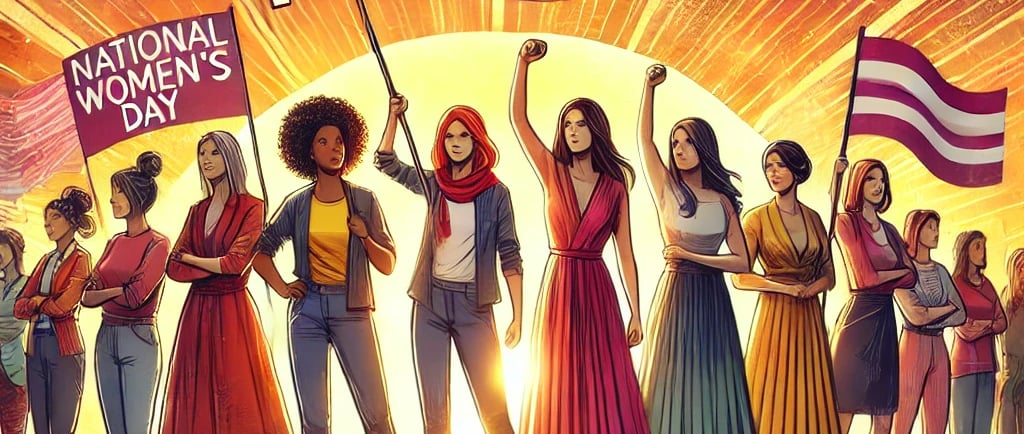Celebrating National Women's Day: Date, History, and Significance
🌸 Celebrating National Women's Day! 🌸 National Women's Day is a tribute to the strength, resilience, and achievements of women across generations. It serves as a reminder of the ongoing fight for equality, empowerment, and recognition in all walks of life.
COMMUNITY


Overview of National Women's Day
National Women's Day is an important annual observance that highlights women's contributions to society and raises awareness regarding gender equality issues. Celebrated globally on March 8th, this day serves as a reminder of the ongoing struggle for women's rights and the accomplishments of women throughout history.
Historical Background
The roots of National Women's Day trace back to the early 20th century, emerging from the women's labor movement in North America and Europe. The first National Women's Day was held on February 28, 1909, in New York City, organized by the Socialist Party of America. In 1910, at the International Socialist Women's Conference in Copenhagen, Clara Zetkin proposed the idea of an international day to honor women. Her proposal received unanimous approval, leading to the celebration of the first International Women's Day on March 19, 1911, in several European countries.
The Significance of National Women's Day
The significance of National Women's Day extends beyond mere observance; it is a call to action for gender parity and women's rights worldwide. Each year, the day is marked by various events such as rallies, conferences, and educational campaigns aimed at drawing attention to issues affecting women, including violence, discrimination, and economic inequality.
Moreover, National Women's Day acts as a platform for recognizing influential women who have spearheaded change in their communities and beyond. Celebrating these trailblazers not only pays homage to their hard work but also inspires future generations to continue advocating for women's rights and equality.
In conclusion, National Women's Day is more than just a date on the calendar; it embodies a collective effort to promote gender equality and celebrate women's achievements. Understanding its history and significance enables us to appreciate the strides made towards equality while acknowledging the work that still lies ahead.
